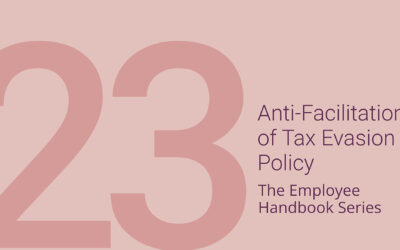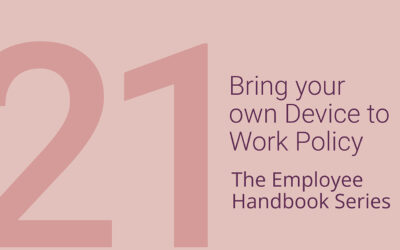Grievances and Disciplinaries
Why Choose Atkins Dellow as your Employment Law Solicitors?
Competitive Fees
We offer no obligation chats, just get in touch.
Local Solicitors
We have a solicitor near you. Come to us or we’ll come to you.
Trust
Clear-cut solutions to put your mind at ease.
Flexibility
Consultations via video call, at our offices or by visit to your home or business.
Handling Disciplinaries and Grievances FAQs
What is the difference between disciplinaries and grievances?
Grievances are complaints made by employees of a business to their employer in the hope of having the situation resolved. A grievance hearing can be held to allow the employer to better understand the complaint made, and for them to agree a way forward with the employee to resolve the issue at hand.
Disciplinary hearings are held to consider an act of misconduct by an employee, usually after an investigation has been carried out. Following the hearing, the employer can conclude whether or not they believe the employee is ‘guilty’ of the alleged misconduct and decide on what disciplinary action, if any, is appropriate in the circumstances.
Employment Law Specialists at Atkins Dellow
Related Insights
Anti-facilitation of Tax Evasion Policies in Employment Law
Introduction to Anti-facilitation of tax evasion policy As a matter of law employers must give their employees a written document which covers the key terms of the employment relationship. On top of this, it’s good practice for employers to have a staff handbook which...
Menopause Policies in Employment Law
Introduction to Menopause Policy As a matter of law employers must give their employees a written document which covers the key terms of the employment relationship. On top of this, it’s good practice for employers to have a staff handbook which includes the...
Bring Your Own Device to Work Policy for Employers
Introduction to Bring Your Own Device to Work Policy As a matter of law employers must give their employees a written document which covers the key terms of the employment relationship. On top of this, it’s good practice for employers to have a staff handbook which...
Still Need Help?





